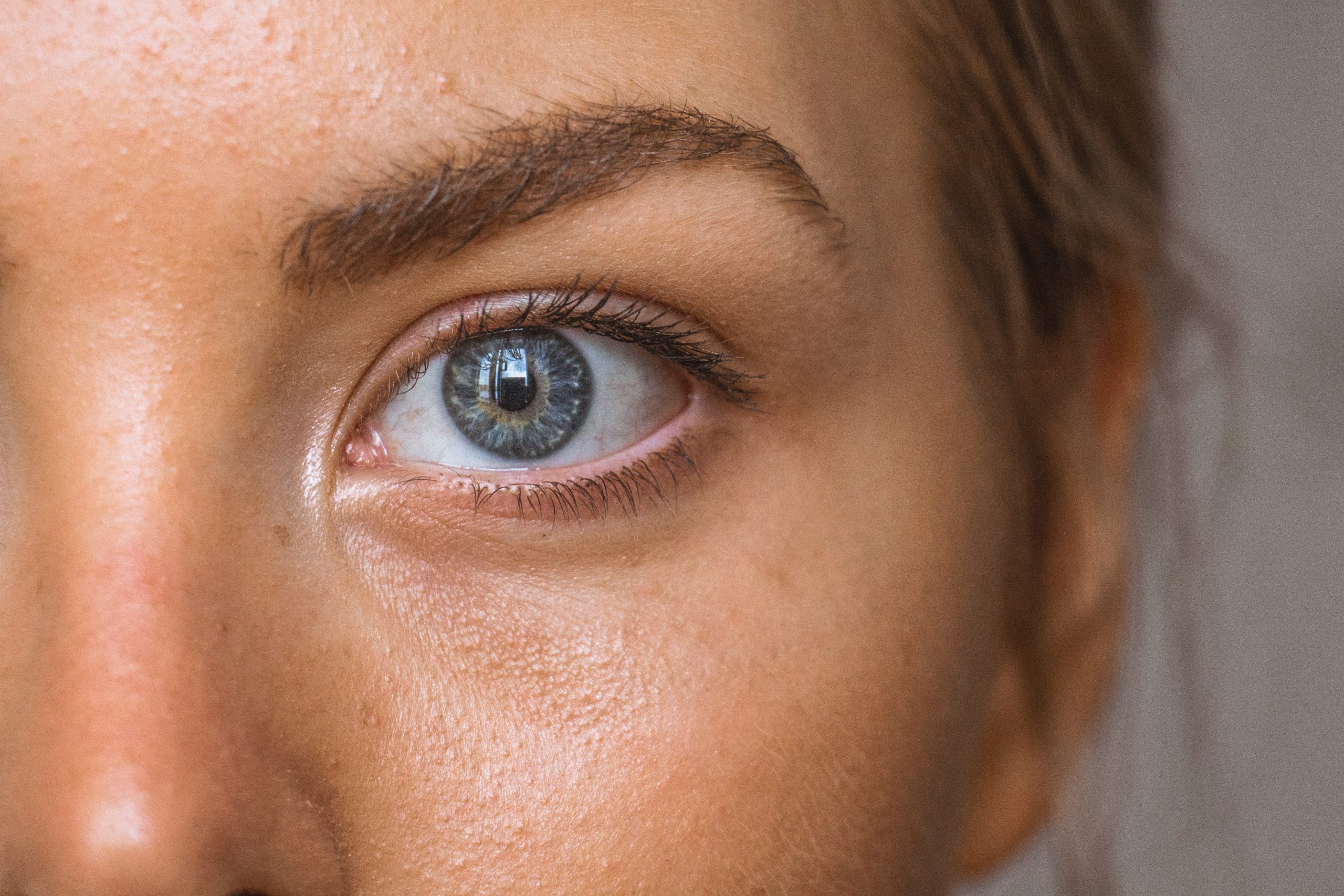The majority of the human immune system (about 70%) is found in our gastrointestinal tract. This is where it interacts with the gut microbiome – a complex ecosystem of microorganisms comprising trillions of bacteria, viruses, fungi, yeast, and their genetic material. Though the research is still in the early stages, scientists have found evidence linking our immune system and inflammatory immune conditions to gut microbes. This includes ailments even related to parts of our body far from our intestines, such as our eyes.
The Gut-Eye Association
Chronic non-infectious uveitis is a form of eye inflammation that, if left untreated, leads to vision loss and even blindness. Current treatments use general anti-inflammatory medications such as corticosteroids that can cause serious side effects like cataracts and glaucoma, according to a recent study.
Phoebe Lin, M.D., Ph.D., an associate professor of ophthalmology in Oregon Health & Science University’s School of Medicine and a physician-scientist at the OHSU Casey Eye Institute, is part of a select group of researchers working to broaden our understanding in the realm of eye health. Lin says that limited safe and effective treatments for patients with this form of eye inflammation drive her research. “I’m asking the questions my patients inspire me to ask, designing experiments to answer those questions and testing them in my lab,” says Lin in a statement.
Using mice as research models, Lin and colleagues confirm a clear gut-eye association. Studies in mice demonstrate that the severity of inflammation from uveitis is partially related to a reduction in regulatory T cells – called Tregs – in the gut. Normally, Tregs help prevent inflammation.
Prospective Treatments
Research in Lin’s lab found that certain interventions can enhance the number of Tregs in the gut as well as alter intestinal permeability and structure. These interventions – giving the mice a dose of organic compounds (short-chain fatty acids) or a dose of oral antibiotics – also resulted in decreased eye inflammation.
In August 2021, the promising results from her preliminary data helped Lin secure her first R01 grant from the National Eye Institute, which is part of the National Institutes of Health (NIH.) The five-year grant, a total of up to $2.45 million, will enable her to investigate how intestinal microbes and the immune system can be rebalanced to better treat uveitis. The grant will help achieve the main goal – lay the foundation for new, targeted uveitis medications for uveitis.
Dr. Lin is excited to expand her lab and dig deeper into the mechanisms that gut microbes use to protect the eye from inflammatory diseases. “We’ve hit on something really novel that has the potential to make a difference for people living with uveitis,” she says.
Lin’s study can be found in the National Institute of Health.
